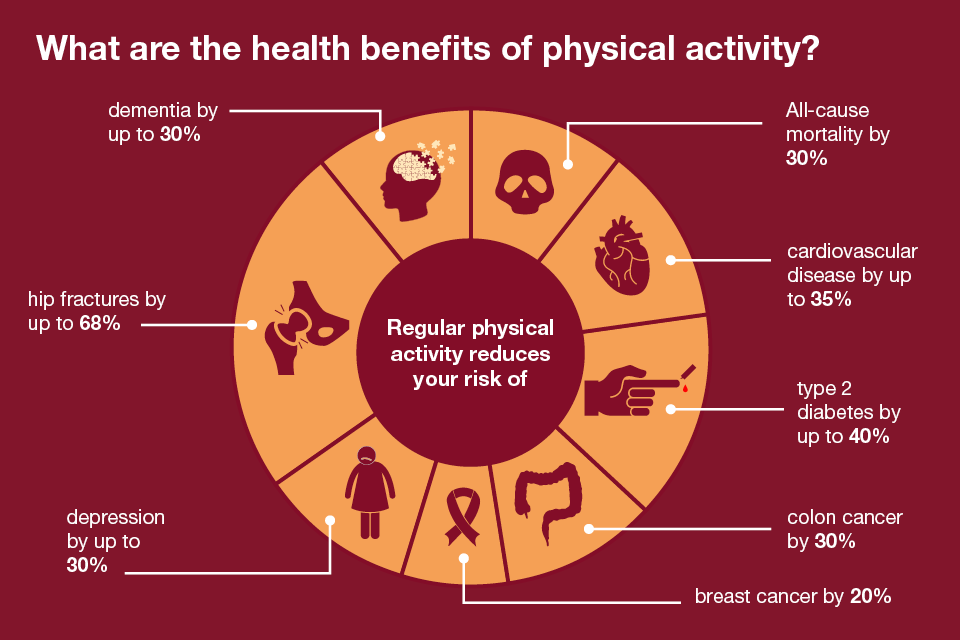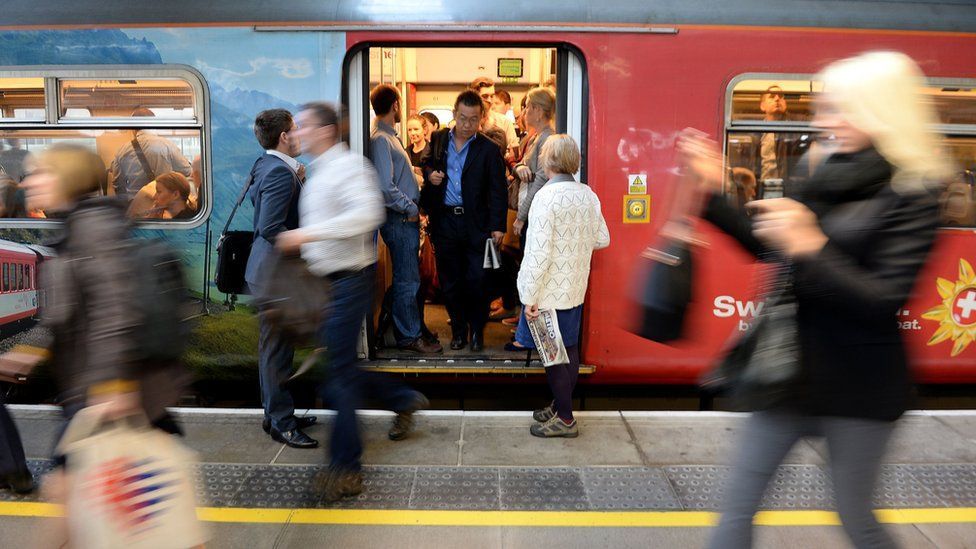UK Local Sustainable Travel - A step ahead?
In this week's blog and ahead of the UK's 2015 Smarter Travel Conference in Birmingham I consider whether the investment in sustainable travel behaviour change interventions over recent years in the UK demonstrates sufficient progress? Also, what does the future hold as a result? In this week's blog and ahead of the UK's 2015 Smarter Travel Conference in Birmingham I consider whether the investment in sustainable travel behaviour change interventions over recent years in the UK demonstrates sufficient progress? Also, what does the future hold as a result?

By the end of March 2015 the DfT will have invested about £550m in interventions to encourage sustainable travel. Over that period an army of local authority officers have been busy devising and implementing a range of behaviour change projects including travel planning, web-based journey planners, cycle challenge schemes to name but a few.
All the while the momentum within the 'sustainable travel industry' has been growing with local politicians and senior officers on the face of it buying in to the brave new world of behaviour change. Are we now in the rosey new world of 'mainstreamed Smarter Travel' that many of us have been working toward for a number of years? Do things remain slightly too disintegrated? Or in fact do we remain unsure what progress has been made?
I have absolutely no doubt that every single person that has been busily involved in delivering sustainable travel projects in the UK over the last few years is doing so enthusiastically, passionately and wanting and wishing for successful outcomes. I am though less sure as to whether the choice of interventions being pursued, the manner in which they are being delivered and the motivation of all parties is so universally clear cut.
In my work with numerous local authorities up and down the land it is clear that there are many examples of where great things are being acheived - Manchester, Bristol, Southampton and West Midlands being cases in point. What however worries me considerably is that there may be many more examples where the beneficial impacts are more adhoc, where the local political impetus has not been so great and where the urgency to spend money has often got in the way of quality. Finally, how much duplication of effort and resource has there been in some areas - such as web-portals, web-based journey planners, challenge schemes and so forth.
The great news is that the last few years has seen a massive influx of talented, interested, dynamic and committed young professionals into the industry. It is also great to see that in many cases local authorities are now quite comfortable taking the opportunity cast their way by DfT in the move toward localism and it is also great to see that the role of behaviour change interventions is being discussed by many officers and politicians who in the past would have been focusing much more on traditional infrastructure projects.
I am excited by what collectively we can help ensure happens to the sustainable travel behaviour change industry in the coming years:
- a new intake of young professionals will need to be nurtured and supported through expanding or new careers.
- high performing local authorities sharing their experience and knowledge with other local authorities keen to learn more.
- greater collaboration and co-ordination between some regions/authorities to combine resources and ideas (rather than relentless duplicate effort or compete with one another).
- higher incidence of pan-regional/national interventions that will have great impacts than smaller more localised interventions.
I am very much looking forward to the debate at the Smarter Travel Conference in Birmingham a week on Thursday. I hope to hear how programmes of area wide interventions are on there way to achieving credible outcomes.
I am hopeful that the rather negative - we hate shortism funding - undertone of the conference in Bristol a few years ago to mark the start of the LSTF programme, will be replaced by a more positive - we've started well and have a great platform to really make a difference in the future - rhetoric. Let's see....
















